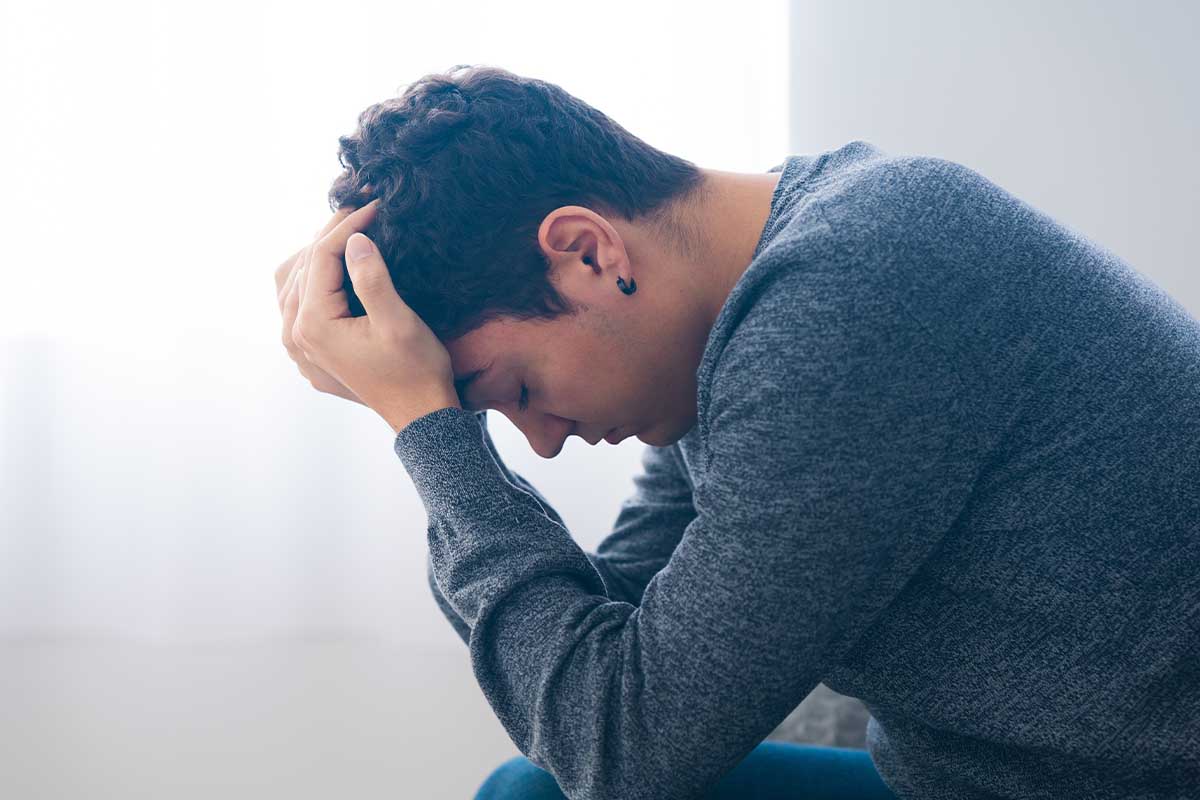Since people first discovered the euphoric effects of opium, derived from a species of poppy, opiates have been used both medicinally and recreationally. From opium comes morphine, codeine, and heroin. Other drugs that mimic opiates but are even more potent include oxycodone and fentanyl. These are synthesized in laboratories and referred to as opioids, which is also an umbrella term for all such drugs. Heroin abuse continues to rise worldwide and is responsible for countless overdoses, deaths, and ruined lives. If you or someone you love is experiencing heroin dependence or addiction, help is available. The first step toward recovery is seeking professional help. There is a heroin detox center in Pennsylvania with decades of experience treating addiction to heroin. We are ready to support your recovery.
Pennsylvania Adult & Teen Challenge (PAATC) offers a range of evidence-based therapies to treat heroin addiction in either an inpatient or outpatient setting. Withdrawal from heroin must come first and is safest when it takes place in a medically managed detox program. Learn more about recovery from heroin, how medical detox works, and what PAATC can do to support you or a loved one. Call 888.546.2579 or complete this online form to speak to someone today.
Heroin Dependence and Addiction
Like any controlled substance, heroin interacts directly within the brain to create the euphoric effects that users of this drug are looking for. When any potent drug is used outside a medical setting, there’s no oversight regarding potency, dosage, or the development of drug tolerance. Without oversight, the dangers of this potent drug increase dramatically.
The brain is the body’s most vital organ. It’s the program manager for a very complex system that includes involuntary functions (heart, lungs, and other organs, for example), thoughts, decision-making, and all voluntary actions. Heroin disrupts the endocrine system, which produces hormones that regulate mood and neurotransmitters that communicate messages among nerve cells.
When heroin is repeatedly introduced into the body, it overrides the endocrine system by producing the chemicals mentioned above. The result is that the brain becomes dependent on heroin to do the job it once regulated itself.
Heroin abuse can result in an inability to feel any pleasure, regulate stress, make decisions, or focus without heroin. Dependence leads to addiction and results in painful withdrawal symptoms as soon as the drug is missing or withheld.
Heroin Withdrawal
For those who are dependent on or addicted to heroin, withdrawal is inevitable. Symptoms occur within six to 10 hours after the last dose of heroin. The symptoms of withdrawal include:
- Agitation
- Depression
- High blood pressure
- Intense tremors
- Excessive sweating
- Muscle cramps and spasms
- Nausea and vomiting
- Abdominal pain
- Powerful drug cravings
Quick relapse within the first day of withdrawal is a big risk when people try to do it on their own at home. They end their suffering by taking the drug. However, in medically supervised detox, physicians administer medications that minimize or eliminate uncomfortable and painful symptoms. Being under the care of a doctor also helps you avoid the serious health risks that can come with withdrawal.
Breaking Heroin Dependence at PAATC
Successfully breaking the damaging cycle of heroin abuse is made possible by a professional, medically supported detox program. Let PAATC see you safely through your withdrawal so you can take full advantage of our evidence-based addiction therapies. You can maximize the chance of a successful recovery when you enter treatment that follows best practices.
At PAATC, we offer, among others:
- Cognitive-behavioral therapy
- Dialectical behavior therapy
- Dual diagnosis treatment
- Faith-based programs
- Residential treatment
- Outpatient treatment
- Family therapy
Are you curious about our heroin detox center in Pennsylvania? PAATC can help you break your heroin dependence and begin a life of recovery. Learn more about our programs for treating heroin abuse, our medical detox program, and more. It’s easy. Just call 888.546.2579 or use this online form.







